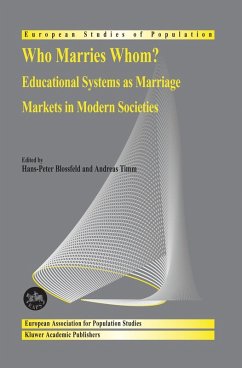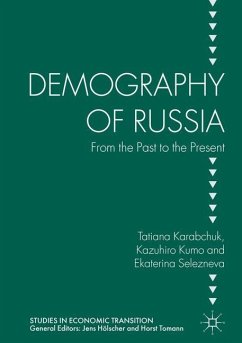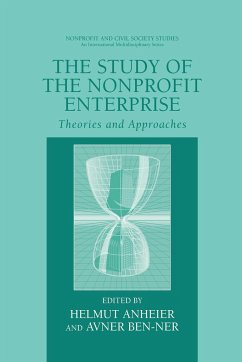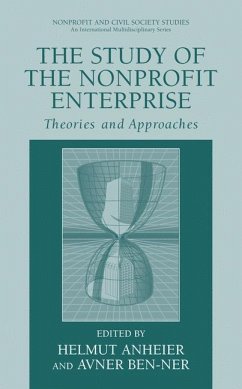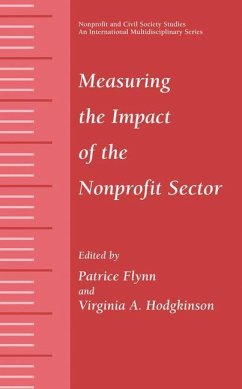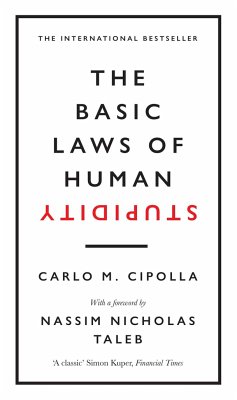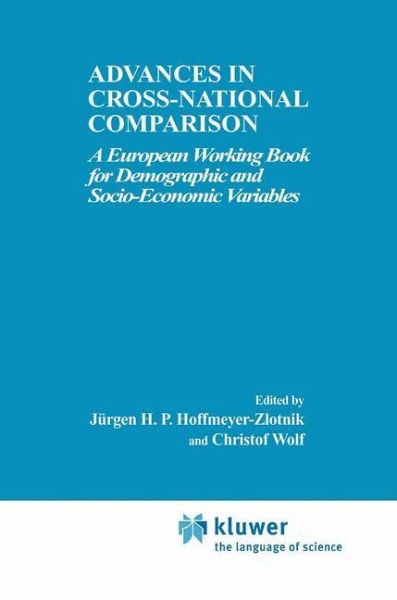
Advances in Cross-National Comparison
A European Working Book for Demographic and Socio-Economic Variables
Herausgegeben: Hoffmeyer-Zlotnik, Jürgen H. P.; Wolf, Christof
Versandkostenfrei!
Versandfertig in 1-2 Wochen
115,99 €
inkl. MwSt.

PAYBACK Punkte
58 °P sammeln!
The book consists of five parts and a concluding chapter. Part 1 covers general problems and presents solutions for the harmonisation of data from different national and/or cultural contexts. In the second part EUROSTAT and ESOMAR present their established standard instruments. Tested instruments each covering one variable (i.e. occupation, education) are presented in the third part. The fourth part again includes suggested tools for the harmonisation of single variables for which standardised instruments are not yet available (i.e. age, religion, ethnicity, household, family, income). The las...
The book consists of five parts and a concluding chapter. Part 1 covers general problems and presents solutions for the harmonisation of data from different national and/or cultural contexts. In the second part EUROSTAT and ESOMAR present their established standard instruments. Tested instruments each covering one variable (i.e. occupation, education) are presented in the third part. The fourth part again includes suggested tools for the harmonisation of single variables for which standardised instruments are not yet available (i.e. age, religion, ethnicity, household, family, income). The last part presents selected empirical analyses demonstrating the use and fruitfulness of instruments presented before.
This book is mainly written for two groups. First, researchers and practitioners involved in comparative research in Europe. Second, researchers working with data of the statistical offices of European countries and data from institutions of the European Union.
This book is mainly written for two groups. First, researchers and practitioners involved in comparative research in Europe. Second, researchers working with data of the statistical offices of European countries and data from institutions of the European Union.






